A new cell phone policy took effect at the start of the school year prohibiting students from using their phone at all during the school day, even during downtimes like lunch and on field trips.
“The policy is not very different from the one we attempted to implement last year,” said Principal Meredith Inbal.
According to Inbal, teachers were glad to have a written policy because it’s “backed up by administration” and it gives them more control over phone usage in the classroom.
“There was no support behind me kind of, like last year or the year before when I [said] put your phone away,” said Nicole Francipane, a math teacher. “Whereas this year it’s embedded in the school policy, like here’s the rule, this is what’s going to happen if you don’t follow it, so now you know the consequences,” she said.
According to the Cell Phone And Technology letter from Inbal, there are both academic and social reasons for the policy. Specifically, it will allow students to be “engaged in classroom activities and assignments, less likely to engage in conversations around bullying and less likely to be distracted and procrastinate on assignments in class.”
“I think that with implementing the policy, we have reduced quite a bit of what was happening before,” said Inbal.
Students generally accept that not using cell phones during classes is reasonable but disagree about usage in places outside of the classroom.
“Only for the classroom, no phones in the classrooms because mostly it distracts most students and they have to work on work in classrooms,” said Maisha Zaman, a sophomore.
“Having cellphones in class I understand why you wouldn’t want that but having cellphones in the hallways is not disrupting learning,” said Kyle Cousin, a sophomore. “There’s nothing to disrupt here, we’re just eating. Also we’re talking to each other anyway.”
Essence Edwards, also a sophomore, felt that the rule doesn’t consider the reality of teens and phone usage.
“I hate it. I think it’s so weird that we can’t even use our phones in the hallways, nothing,” said Edwards. “I get what they are trying to do but the way they go about it is just not good. Cause I feel like no cell phones is a bit extreme, as a kid you’re gonna want to take out your phone, look who texted you a couple of times,” she said.
Students also don’t believe that this change in policy has caused any real change to the social setting in the cafeteria.
“I feel like people have been more socially engaged but I wouldn’t say it’s a drastic change,” said sophomore Karen Meija.
Administration added more lunch clubs so students could socialize instead of being on their phones. For the sixth and seventh grade students, some of the clubs meet in the cafeteria, while the upper grades have their club meetings in other locations, in part to decrease the number of students in the cafeteria during seventh period. Administration hopes that making clubs more a part of the school culture will benefit students socially and educationally.
“I want them to be involved, get into clubs,” said Inbal. Freshmen and sophomores “don’t realize how quickly eleventh and twelfth grades are approaching and colleges are going to want to see you’ve been engaging in a club.”
School social worker, Jill Kaufman, acknowledged that some students don’t want to join clubs and like alone-time during lunch and that students not being allowed to use their cell phones to decompress is a trade-off.
“I think I would want students to be able to have it [their phone] at lunch but it introduces a lot of complications. A lot of drama is started and it’s not every kid, that’s the problem,” said Kaufman. “It sucks for the kids who just want to be left alone on their phones to read. But it does cause a lot of problems especially for the younger kids,” she said.
Another issue with the cell phone policy is that juniors and seniors, who often have big blocks of down time in the building between classes, would like to use their phones while they do work or relax. In an email that Inbal sent out at the start of the school year, she acknowledged this and stated “we will designate spaces for you to go to (just give us a few days while we determine what areas are free and when).”
Despite Inbal’s statement, there is no designated space for juniors and seniors to use their phones during gaps in their schedules.
“Everyone thought that Inbal meant the CCRC, but that got shut down pretty quickly,” said senior Juliana Papadopoulos.



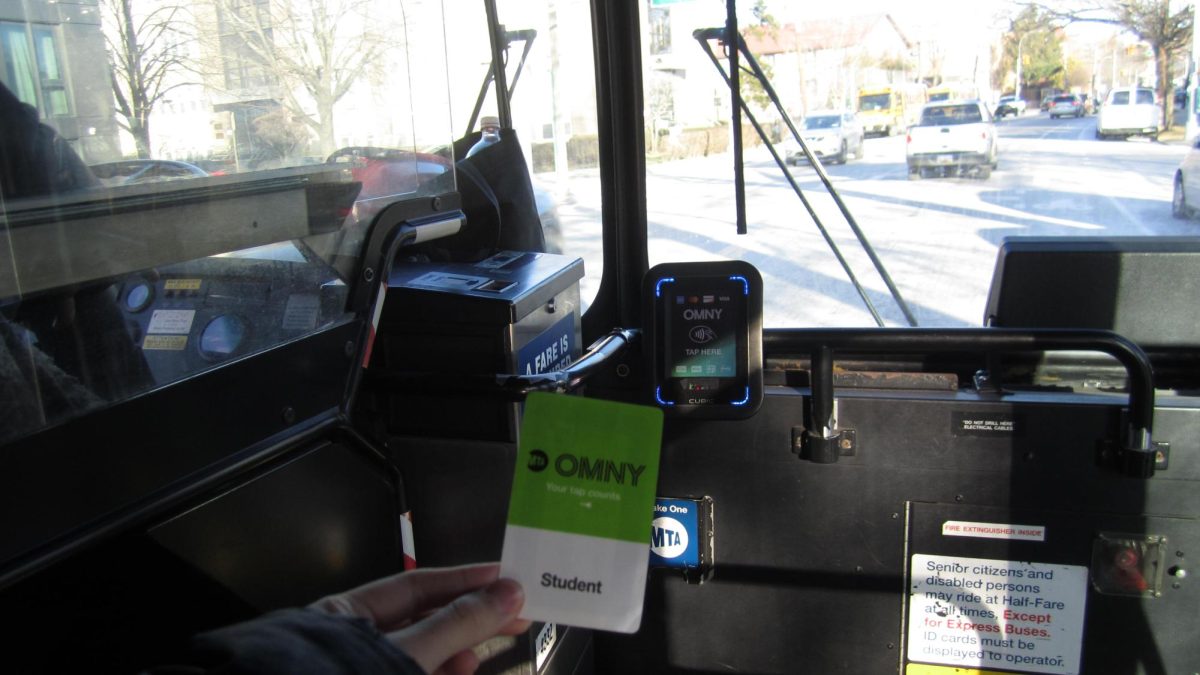
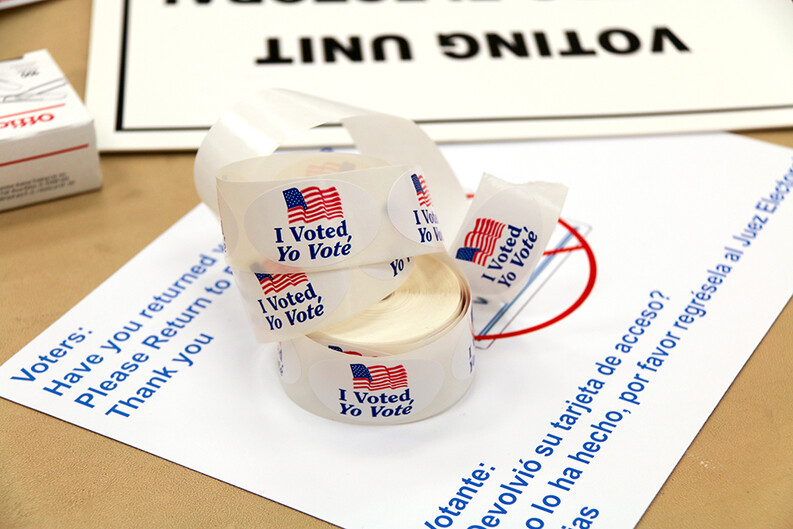
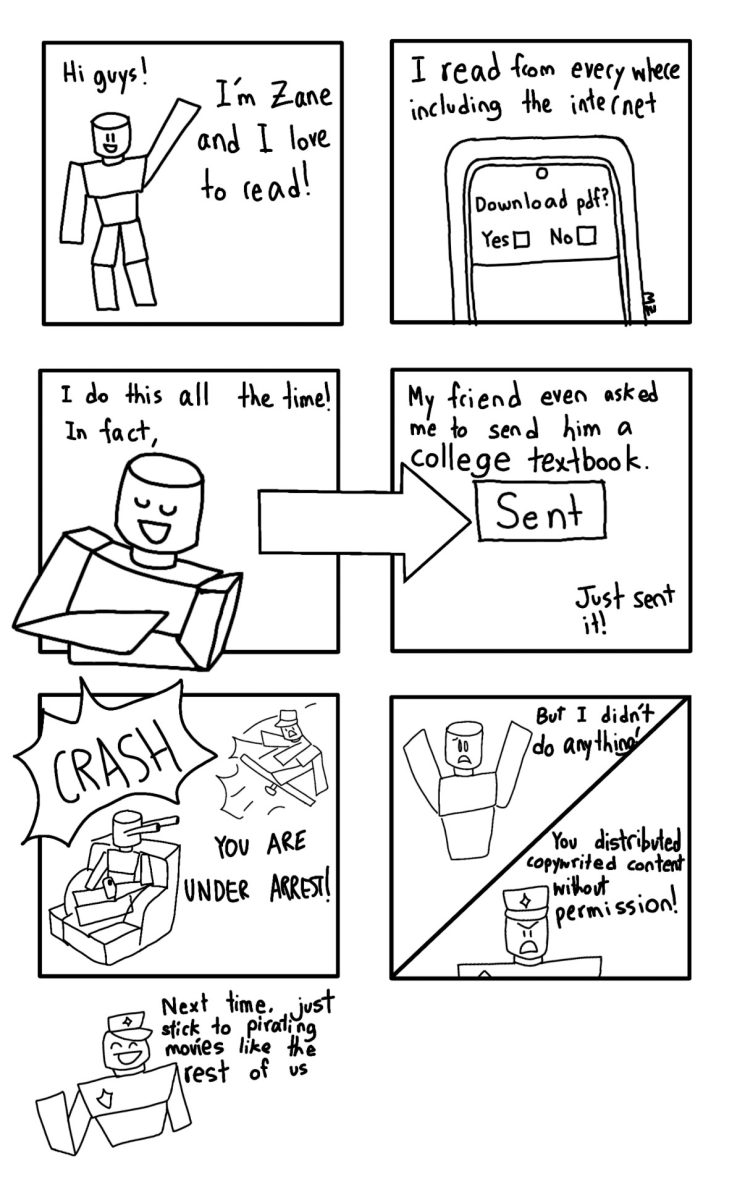

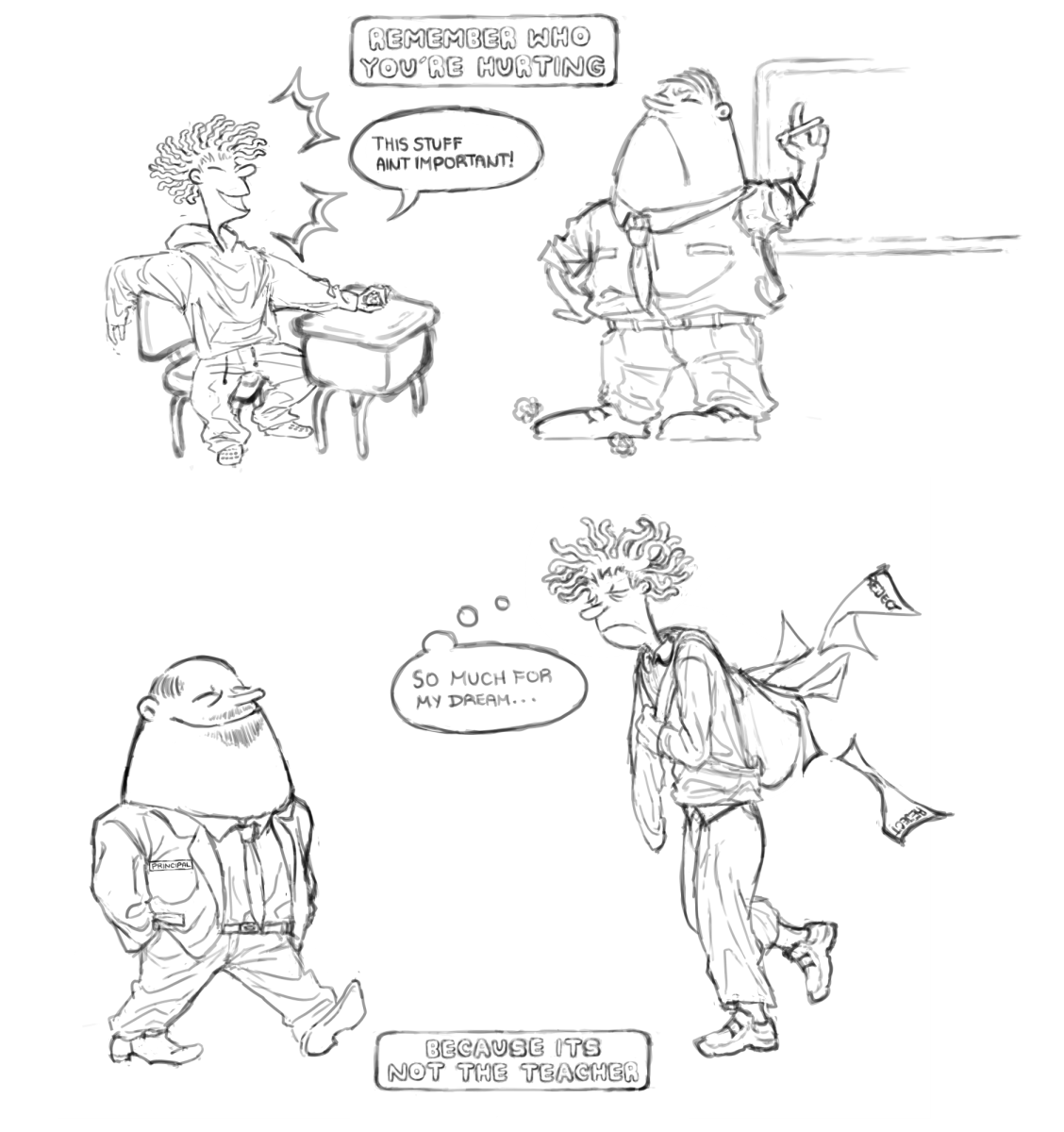
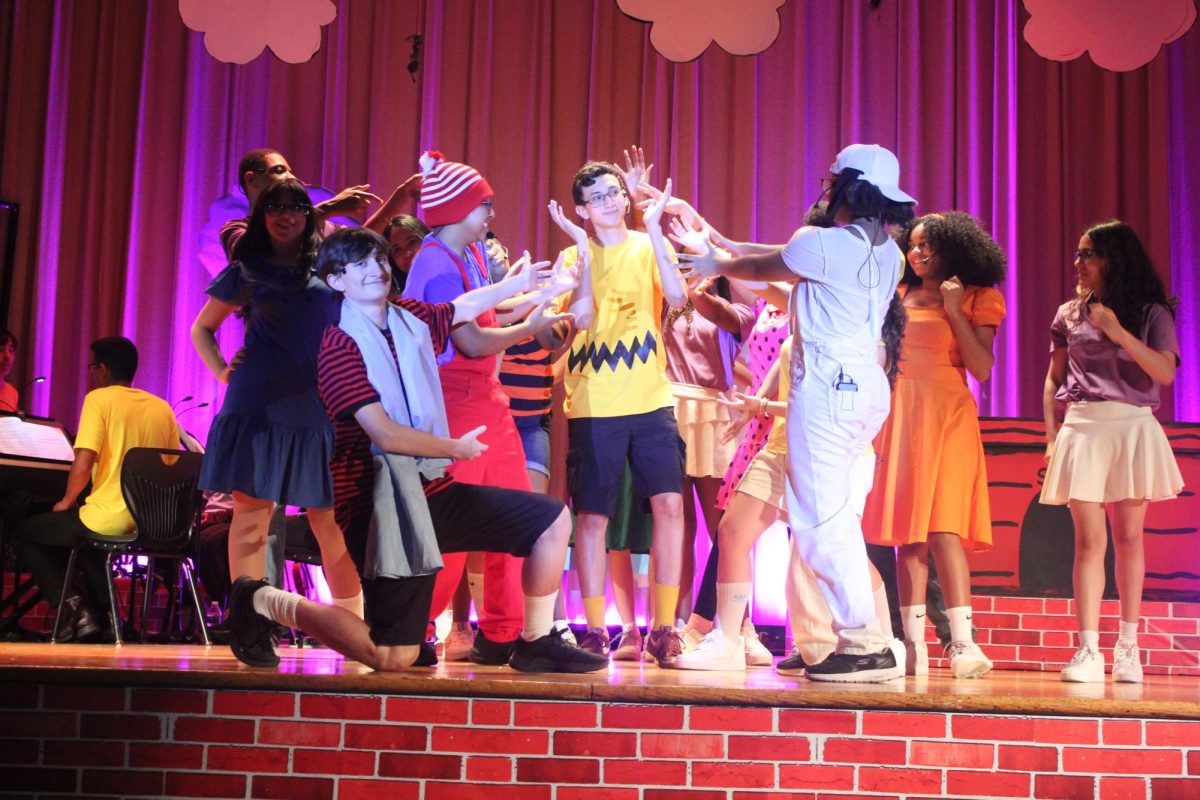

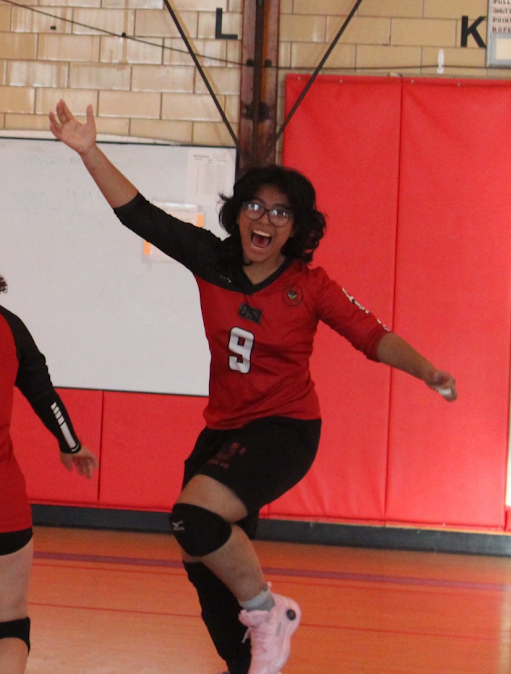

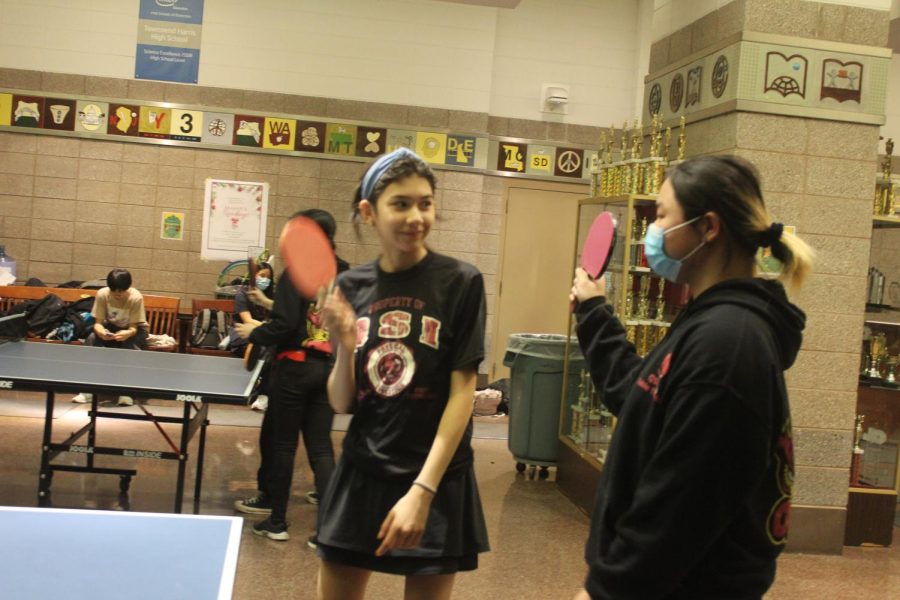






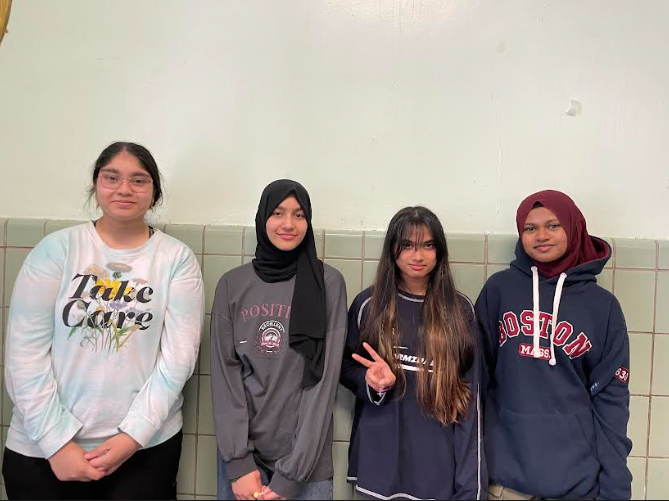


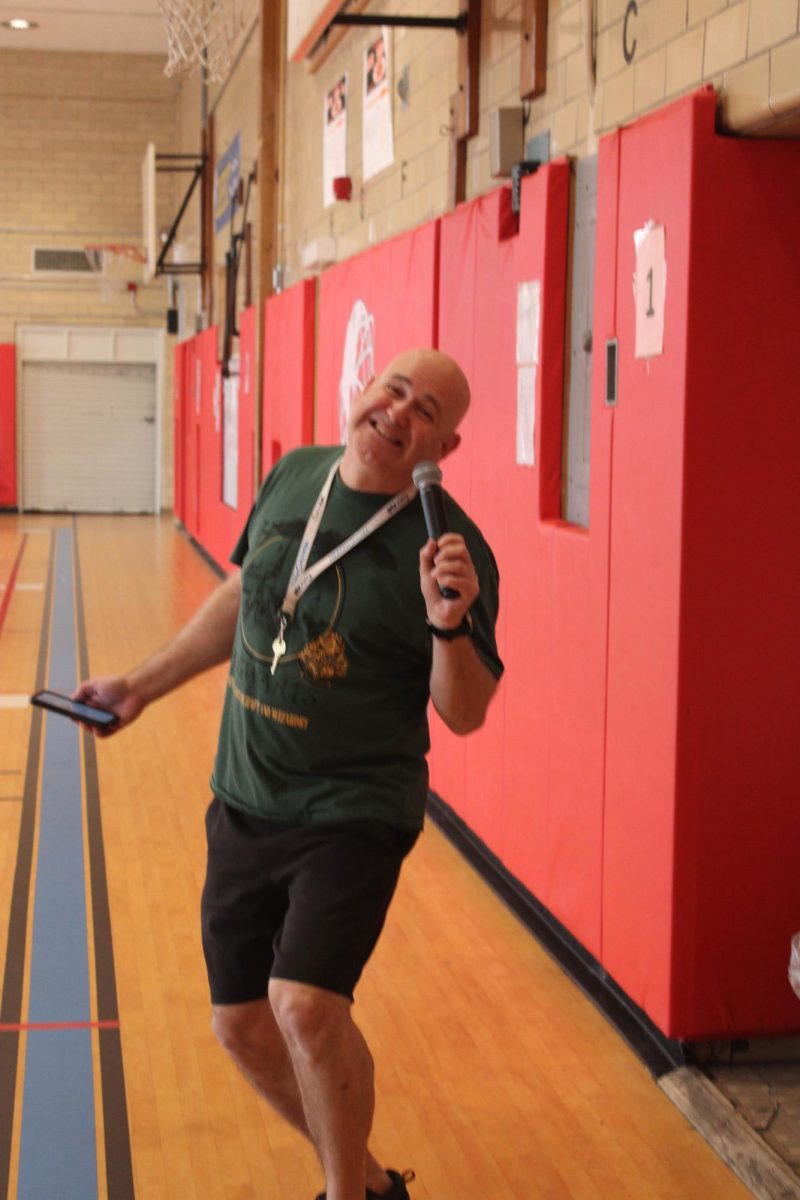
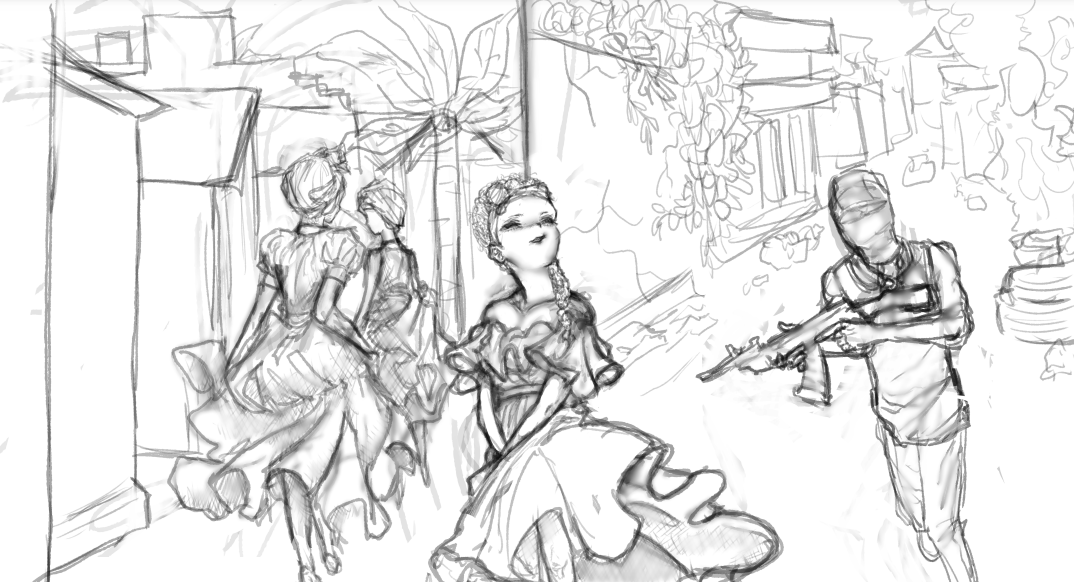





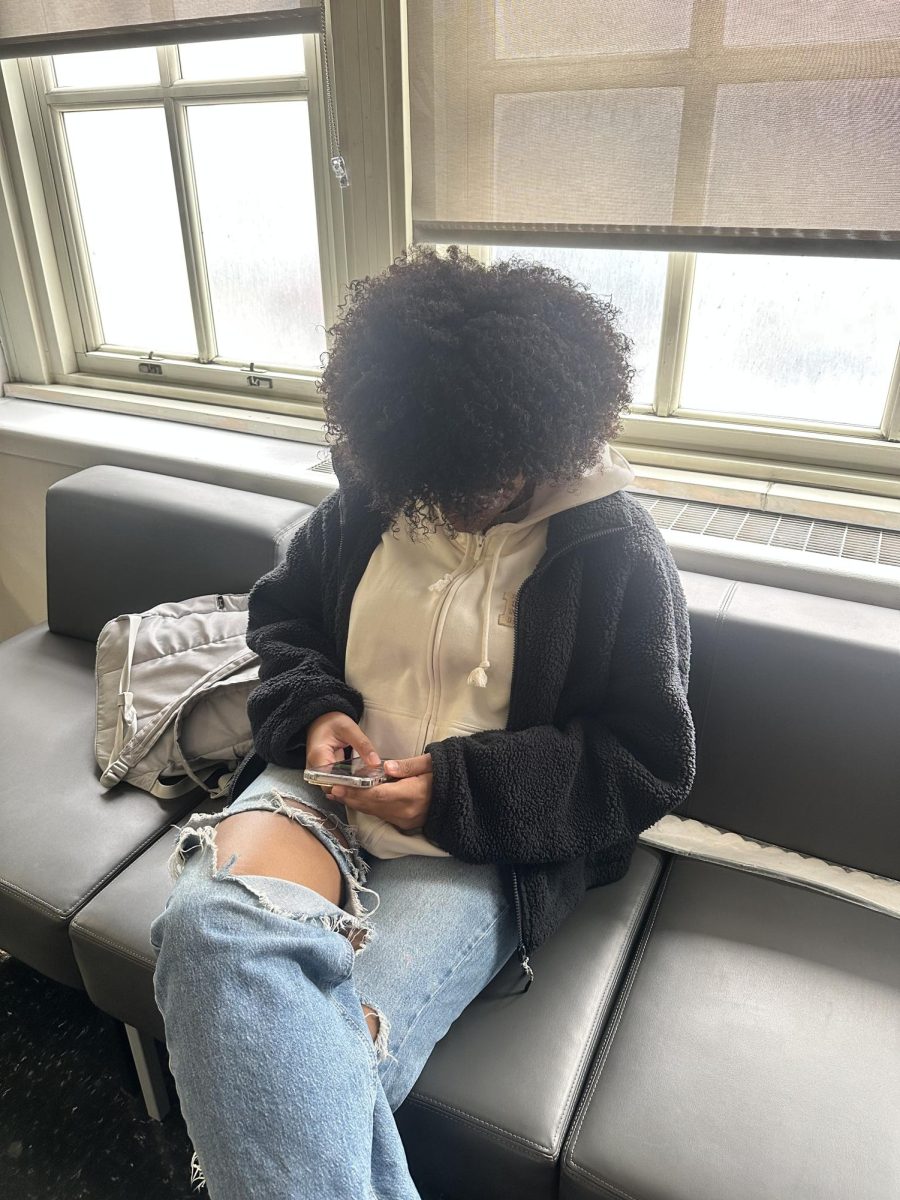

Sydney • Feb 13, 2024 at 8:43 AM
I also agree that sometimes in school I do want some alone time to just use my phone, but I can’t do that. I think what the students are asking for is pretty reasonable. The rule about no cellphones in class is not that much to ask for, and is a rule in most of the schools. But I don’t think there is a problem with having your phone out during breaks or lunch periods. That isn’t stopping you from any education.
I am very impressed on this article! Great job!
Shiloh Williams • Feb 13, 2024 at 8:34 AM
The way you clearly explained both points of view, not taking sides. <3
Erielle • Feb 13, 2024 at 8:33 AM
Great way of explaining the cell phone policy and how others felt about it, and the issues with it.